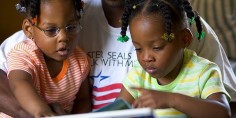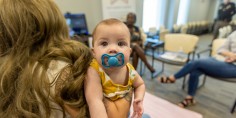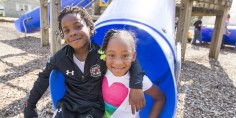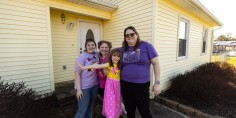When addiction nearly triggered foster care placement for her son’s five children, Virgie Anderson stepped in to claim them.
She never figured on parenting five school-aged grandkids at 74, but she could not countenance strangers raising them. The decision placed the Charleston resident in a little-noticed but increasingly important segment of the child welfare landscape: Family members who take in underage relatives to prevent foster care placement.
In South Carolina, about 74,000 children — mostly African American — live with kinship caregivers. In North Carolina, the total is closer to 84,000. Social services officials increasingly turn to these willing caregivers to keep siblings and families together. But additional support is crucial, since these are often older women battling health and poverty challenges themselves.






